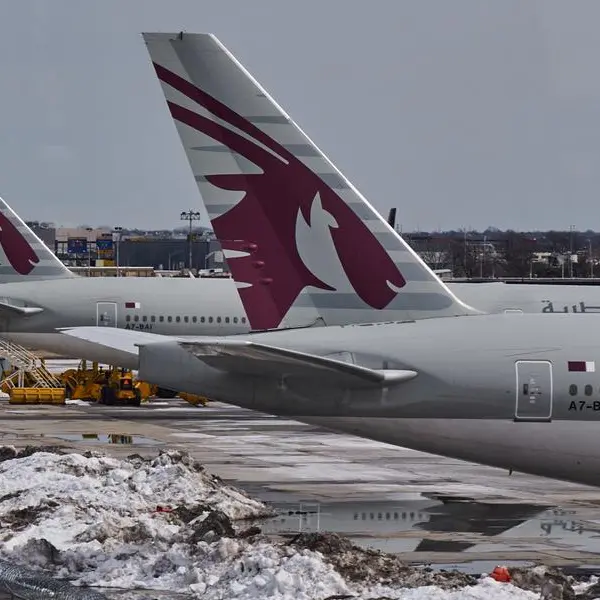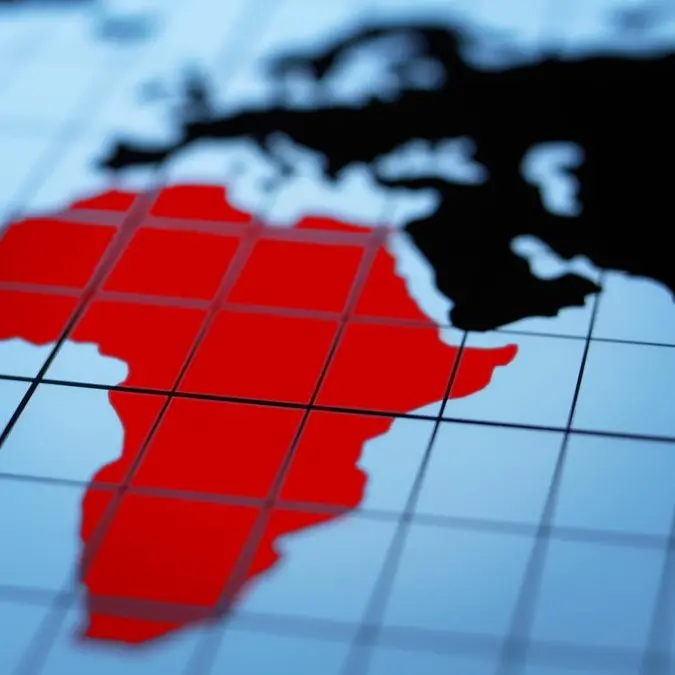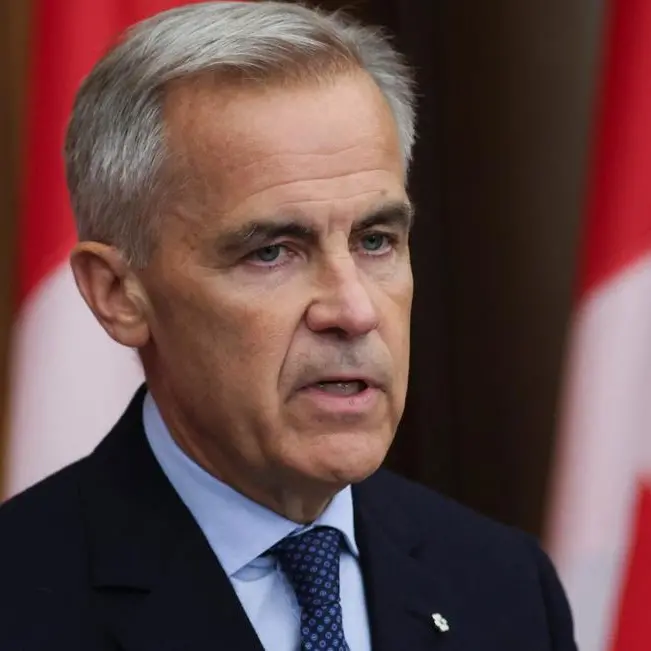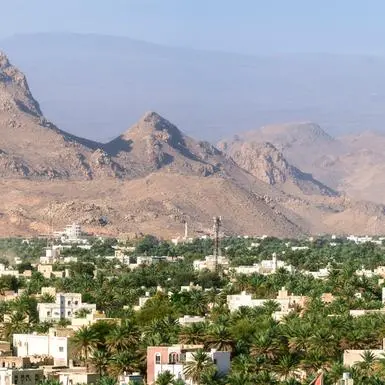* Some in movement want talks with government
* Protesters who remain on street say no
By Lamine Chikhi
ALGIERS, Jan 30 (Reuters) - While uprisings across NorthAfrica and the Middle East have been quelled by deadly force,Algerian authorities are on the way to becalming a powerfulprotest movement without a shot fired - at least for now.
Thousands still march, but protests are smaller than thosethat toppled the veteran president last year. Some prominentfigures say the opposition should accept an offer of dialoguefrom the government.
These changes suggest the secretive authorities, known toAlgerians as le pouvoir - "the powers that be" - may haveoutmanoeuvred the biggest threat to their rule in decades.
Their strategy has been to place new faces at the top ofgovernment, while playing for time and proposing talks. Theapproach seems to be wearing down the opposition.
"I did not go to the protests on the past two Fridays," said Hamdadou, 51, a telecoms worker who had attended mostprevious marches and asked to keep his family name unpublished.
"I think we have done the maximum to push towards change.Let's cross our fingers and see what happens."
Protesters say the marches have diminished since lastmonth's election of a new president, Abdelmadjid Tebboune, seenby the leaderless opposition as an establishment stalwart.
The protests began nearly a year ago, flooding cities withnational flags and placards, demanding a removal of the rulingelite, an end to graft and the army's withdrawal from politics.
Le pouvoir jettisoned President Abdelaziz Bouteflika, threwsome top officials into prison on corruption charges and let theprotests continue, publicly hailing them as a patriotic renewalwhile detaining dozens of marchers and prominent dissidents.
Their strategy - pushed by the powerful army chief AhmedGaed Salah - was to use December's election to restorelegitimacy to a system that would remain essentially unchanged.
Tebboune was elected on an official turnout of 40%, thoughmany protesters believe even that figure was inflated, andimmediately freed many prisoners and offered dialogue with theprotesters and reform of the constitution.
Gaed Salah then died suddenly of a heart attack in lateDecember, meaning Algeria now has a new president, governmentand army chief and that all the most prominent figuresassociated with le pouvoir have been replaced.
FROM DEMONSTRATIONS TO DIALOGUE
Some politicians who embraced the protest movement, known as"hirak", say their struggle should now move from the street tothe negotiating table, arguing that further reforms can only beachieved through dialogue.
"It is the time for politics now. Hirak would continue to bea means of pressure, but only politicians can talk with theregime to push forward demands including a change of thesystem," said Soufiane Djilali, an opposition leader.
For the remaining protesters that viewpoint is anathema.
Maasum, a student at the Algiers Bab Ezouar university oftechnology, who gave only his first name, acknowledged duringlast Friday's protest that there were fewer demonstrators, butsaid he remained committed to bigger change.
"How can you talk with a president we do not recognise" hesaid. "We said they must all go. So no dialogue until they allgo."
Djilali was one of several opposition figures includingMouloud Hamrouche, Ahmed Taleb Ibrahimi, Abdelaziz Rahabi andAhmed Benbitour to meet Tebboune, a former prime minister underBouteflika, drawing ire from Maasum and other street protesters.
NO SET LEADERSHIP
Few would deny the scope of the hirak's achievements so far.In a region where leaders have often used extreme violence tosuppress public dissent, it has brought down a president,Bouteflika, who was entrenched for 20 years, without a gunshot.
Bouteflika's brother and de facto regent during his illness,as well as the once all-powerful intelligence chief Mohamed"Toufik" Mediene, have been sentenced to 15 years in prison.
"Many believe that the hirak fulfilled its mission bysacking Bouteflika and cleaning the country of its corruptleaders," said Algerian political analyst Farid Ferrahi.
Even in the Kabyle region outside Algiers, a stronghold ofthe hirak, "life is almost back to normal," said Said Mezouane,a resident of the village of Haizer.
But the thousands - down from hundreds of thousands lastspring and tens of thousands before December's election - whostill protest believe there has been only cosmetic change.
Since the hirak has no leadership, official organisation orcommonly agreed plans for effecting change, however, there is noclear mechanism by which it can agree on a way forward.
Novelist Kamel Daoud, a fierce critic of the authorities,wrote: "Has the regime won Yes, temporarily. It is also true toconclude that the protest has temporarily been lost".
However, Algeria faces a hard economic year with fallingenergy revenue eating deep into its budget and a planned publicspending cut of 9% this year - meaning the government may findit hard to win enduring public support.
Protesters in central Algiers seem unwilling to compromise.
"Morale is high. We will continue our struggle... we wantthe opposition to unite and push the regime to the exit," saidDahmani, 25, a student at Dely Brahim university.
(Reporting By Lamine Chikhi, editing by Angus McDowall andWilliam Maclean) ((angus.mcdowall@thomsonreuters.com; Reuters Messaging:angus.mcdowall.thomsonreuters.com@reuters.net))



















